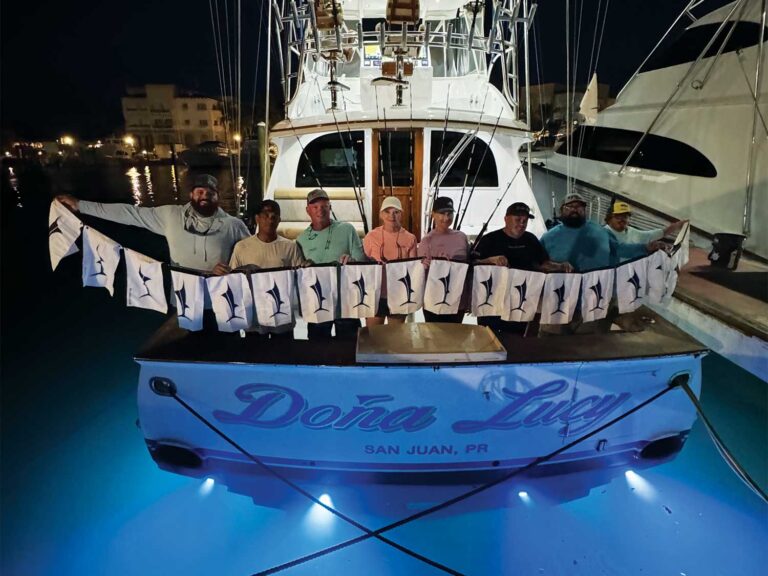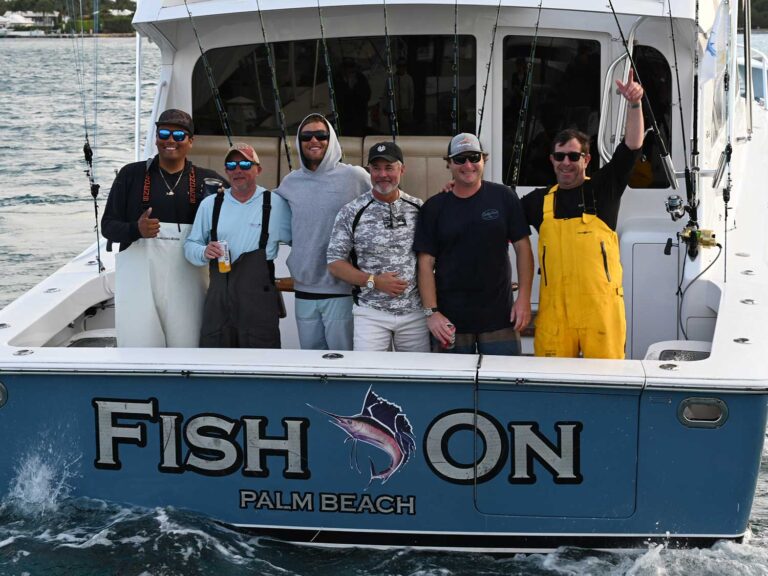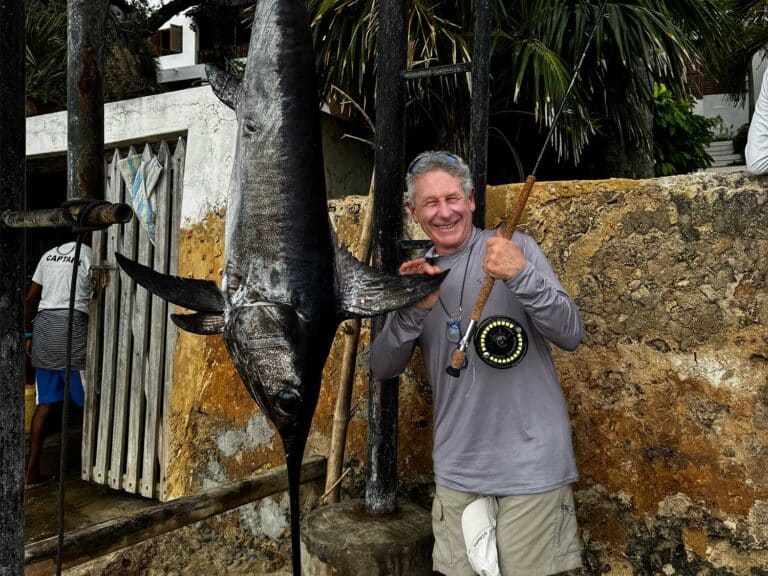
Purchasing a brand-new boat—whether custom or production—from a manufacturer or dealer certainly has its advantages. However, there is a common misconception that new boats are free of all deficiencies, and that certain due diligence and pre-closing actions are less important than when purchasing a used product. On the contrary, buyers should still take the same precautionary steps and pay close attention to the details discussed below prior to closing on a new boat.
Surveys and Sea Trials
To begin with, it is still important to do a survey and sea trial on a new boat, whether it be a large center-console, sport-fisher or mega-yacht. Even new boats can have minor issues that might need to be resolved. A survey and sea trial will not necessarily reveal all issues, but it will allow a third-party expert to do a thorough analysis of the boat and give the buyer a head start on any potential problems that might exist.
Warranties
Almost all new boats come with a variety of warranties. A buyer should know specifically what the warranties cover, all relevant time frames, the process to file claims, where the work can be completed, and whether those warranties are transferable.
Watch: Stay on a hot bite with your electronics.
Typically, the builder will provide a warranty on the hull, and all other components on the boat manufactured by the builder, but those often come with exceptions. For example, the builder’s warranties often do not apply to certain paint, chrome, varnish and other finishes. Additionally, alterations to a boat or certain systems also might void portions of a warranty, so it is important not to change any functional part or component of a boat without first discussing it with the builder during the warranty period.
Many components on a boat are not warrantied directly by the builder, but rather the manufacturer of specific products on board. Buyers should ensure that they receive and review a copy of the warranties for the engines, electronics and other systems prior to closing. We oftentimes add language in a new construction contract that requires the builder to provide a copy of all warranties and manuals at closing, and to be organized in a clean, professional manner for the buyer. This contractually obligates the builder to compile said paperwork and makes it easier on the owner when a warranty or other document needs to be reviewed.
The Title Documents
Last, buyers should pay special attention to the title-transfer documents and other related documentation. Normally, the buyer of a new vessel will receive the title through a builder’s certificate or a manufacturer’s statement of origin and a bill of sale, among other documentation dependent on the jurisdiction. A buyer should also request a copy of the US Customs entry summary if the vessel is foreign-built to ensure that it has been properly imported and the duty has been paid.
Read Next: When (if ever) is it acceptable to kill a marlin? Five pros sound off.
Furthermore, a buyer should know if he is receiving the title directly from the builder or a dealer. Hence, the title should be received from the same party with which a buyer had contractual obligations. Scenarios in which a dealer has a contract to sell a vessel to a client, but the title documents indicate a transfer directly from the builder to the buyer, require the dealer to be shown on the builder’s certificate as the party for whom the vessel is built, and the buyer should be identified as the party receiving the title through the first transfer or sale. Otherwise, the dealer will be in breach because they will be unable to transfer the title to the buyer and comply with the terms of the agreement.
It is important to take the proper steps prior to closing and review the relevant documentation to ensure that it is accurate. A bit of due diligence on the part of the buyer prior to closing can save money and headaches down the road.
Raleigh P. Watson is a contributing author, and a Partner at Miller Watson Maritime Attorneys.







